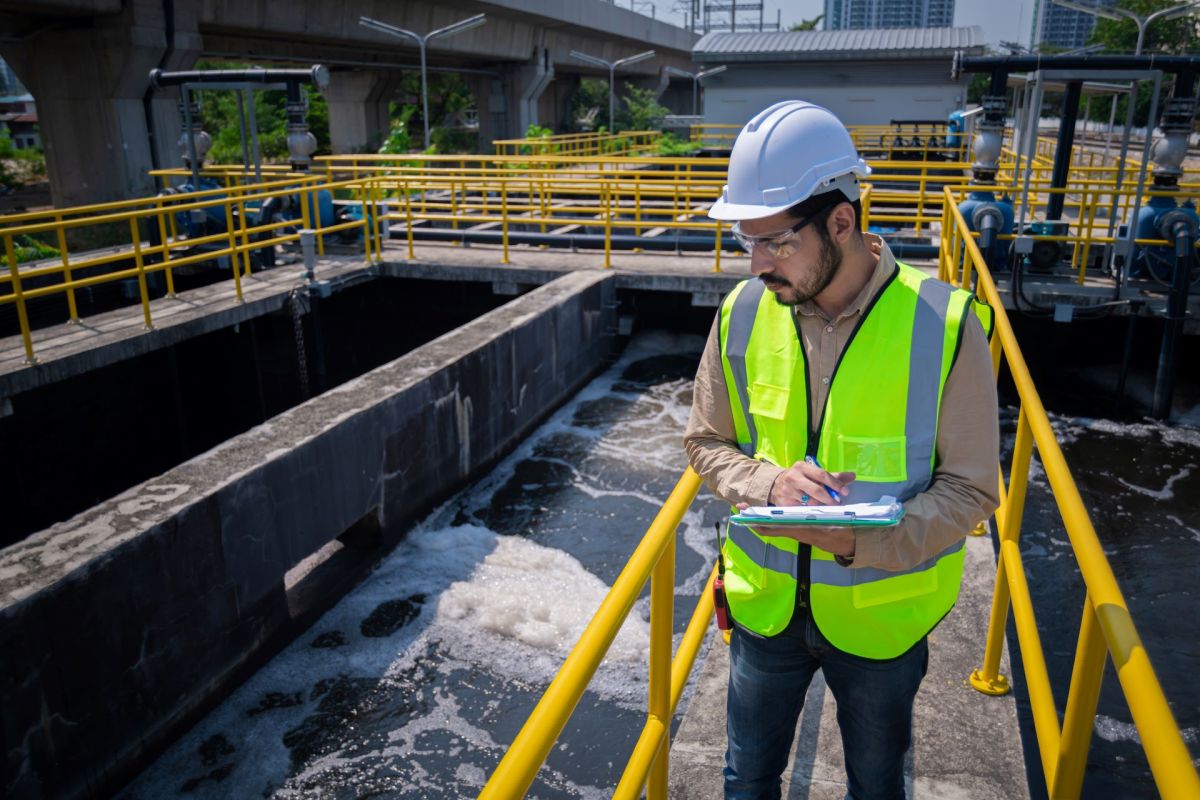"Extreme" water recycling may soon become mainstream as cities are learning to reuse the increasingly precious resource to combat increasingly prevalent droughts.
What is "extreme" water recycling?
Water recycling systems are growing in popularity in the western United States. One such system, called the OneWater System, collects gray water — non-potable water from sinks, showers, and washing machines.
This system cleans gray water with membrane filtration, ultraviolet light, and chlorine before it's used for the same non-drinking purposes.
YaleEnvironment 360 reports how this process is used throughout San Francisco today.
Peter Fiske, the executive director of the National Alliance for Water Innovation, a division of the Lawrence Berkeley National Laboratory, told Yale Environment that "there is no reason to only use water once."
He added that "we now have technologies to enable us to process and reuse water over and over, at the scale of a city, a campus, and even an individual home."
Why is recycling water important?
As human industrial activities heat up the planet, droughts are becoming more common and are projected to worsen in the coming decades. By 2050, water scarcity may affect 75% of the world's population.
Droughts diminish water supplies, and when water is low, crops for food get less or none of it, which affects food prices.
Although lack of rain and increasing heat are major factors in the current water crisis that many parts of the world — and the U.S. — are facing, certain human industrial activities are also sucking rivers and lakes dry.
Energy resources rely on water, as thermal power plants running on coal or gas consume lots of it, and so do hydroelectric power plants.
Textiles are another issue. On average, it takes more than 700 gallons of water to produce just one T-shirt and 2,000 gallons of water to make one pair of jeans.
Another major water consumer is food production. About 80% of the Colorado River goes toward agriculture, the majority of which is used in feeding cows for meat production.
On a global scale, the meat industry consumes around 55 trillion gallons of water each year.
As water becomes more scarce due to the abovementioned factors, saving water will become more important.
How are water recycling systems helping?
By recycling gray water alone, significant amounts of water can be saved. Using it for flushing toilets and for laundry reduces the need for freshwater by approximately 40 percent.
Incorporating recycled water for showers would further eliminate an additional 20 percent of water demand, although the safety of this practice is currently under research and not yet authorized in San Francisco.
"This is the future of water for everybody," Newsha Ajami told YaleEnvironment 360, the director of Urban Water Policy at Stanford's Water in the West program, regarding decentralized water systems and recycling.
Ajami emphasized that while it may be a gradual process, numerous communities will adopt this approach to achieve economic development and water security in light of increasing water scarcity.
Join our free newsletter for cool news and cool tips that make it easy to help yourself while helping the planet.









